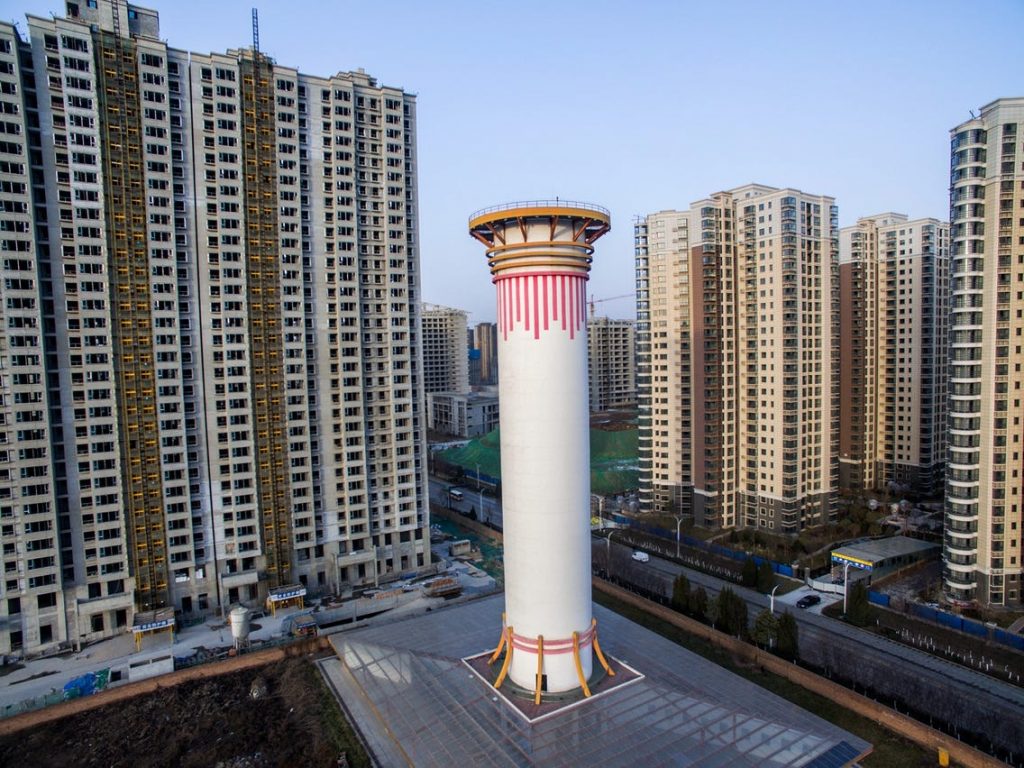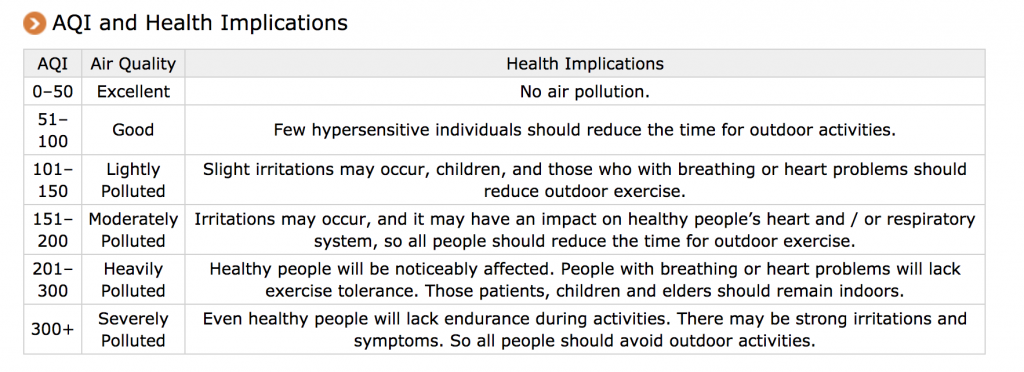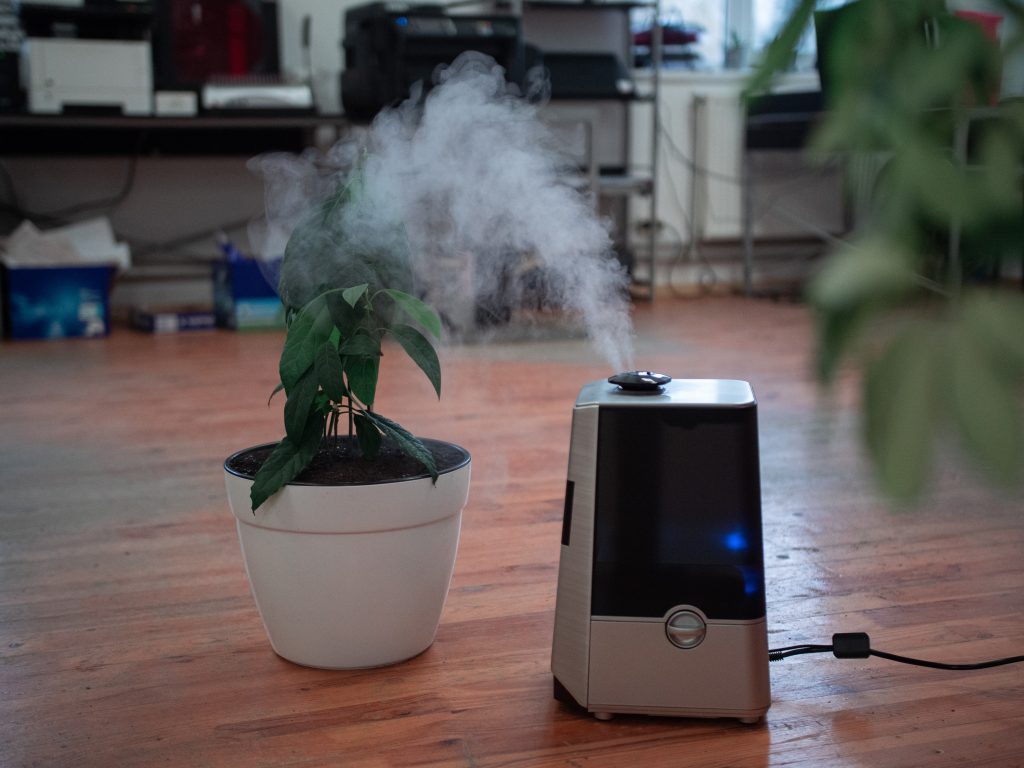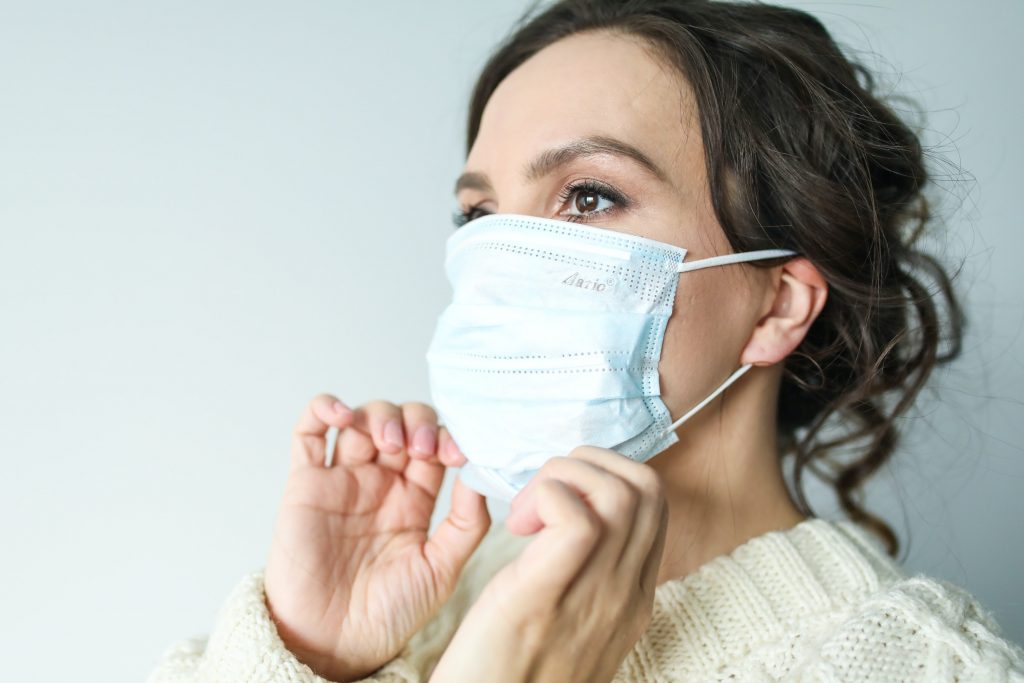Is China’s air quality really bad?
If you have ever lived in China, ever visited China, or even talked to someone about China, at some point, you would come across the word “pollution”.
A lot of what we hear about China involves pollution, and as a consequence, people have formed the perception of China to be a very polluted place. So what is the real-deal about pollution in China?
It is vital to stay informed about the real-deal, aka realities of pollution in China if you are planning to live and teach in China.
What is China doing about the high level of pollution?
China declared a “war” on pollution back in 2014. After a spate of politically damaging outbreaks of smog in Beijing and other regions and has continued strictly to punish those breaking the rules. Consequently, the leaders responded with measures designed to improve air quality and set targets over the October-March winter heating period, therefore forcing cities to make improvements in air quality compared to the previous year.
Continuous elimination of small-scale coal use and further promotion of the replacement of coal by gas or electricity in households throughout northern regions, noting that the policies and financial support were in place.
Furthermore, China’s anti-smog plan that targets ground-level ozone pollution, a rising health risk caused mainly by vehicle exhaust fumes and sunlight. And the extension of the “blue sky” campaign to other regions, including Jiangsu, Anhui, Shandong and Henan.
China also constructed strides to improve air quality. One of the world’s largest air purifier located in Xi’an in Shaanxi Province. The tower built in 2017, has produced more than 10 million cubic meters of clean air every day since its launch.

How to check Air Quality?
Air quality is typically reported using an Air Quality Index (AQI), a metric for assessing how healthy air is in a specific location, It is the most reliable source to track pollution levels. There are also many apps which you can use to access the AQI on your phone.
The table below shows the health implications of AQI
AQI Health Implications

How to reduce the effects of pollution?
There are several ways one can mitigate exposure to pollution.

- Buy an Air Purifier
Many schools in heavily-polluted areas have already installed air purifiers to protect student and teacher health. An air purifier will help improve the air quality in your home by filtering out pollutants like dust, smoke, and pollen.

- Use face mask
Use a pollution face mask when outside. Research, before you buy a mask that fits securely around your face, it will help to keep out more pollutants than those that will sit loose.

- Exercise more often
Jogging outside in areas with more greenery will reduce exposure, as trees and plants are nature’s built-in air cleansers! Exercise earlier in the morning when pollution levels are lowest and there is less traffic on the road. If you’re a runner, you may want to invest in a gym membership.

- Eat healthy food
Increasing your daily intake of omega 3 fatty acids, vitamin C, antioxidants, and herbs such as ginger and mint will help your system to stay healthy.

- Live in the outskirts
Living in outside of the city centre with more vegetation and better air quality and more opportunities for safe outdoor exercise.
Following these simple ways will help deter the effects of pollution that there is no need to stop from jetting off on approaching an adventure in this beautiful country!

